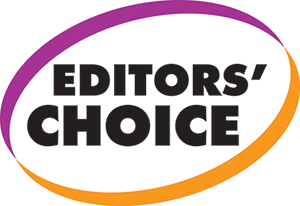 Three new Editors’ Choice articles have been published recently in the Journal of The Electrochemical Society (JES) and ECS Journal of Solid State Science and Technology (JSS).
Three new Editors’ Choice articles have been published recently in the Journal of The Electrochemical Society (JES) and ECS Journal of Solid State Science and Technology (JSS).
An Editors’ Choice article is a special designation applied by the Journals’ Editorial Board to any article type. Editors’ Choice articles are transformative and represent a substantial advance or discovery, either experimental or theoretical. The work must show a new direction, a new concept, a new way of doing something, a new interpretation, or a new field, and not merely preliminary data.


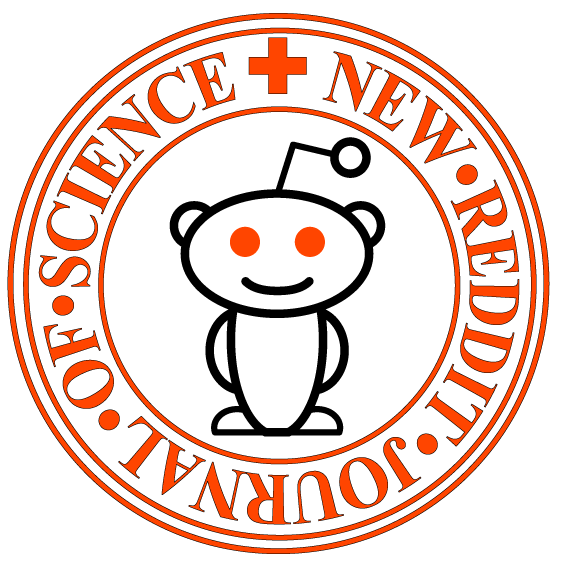 ECS Technical Editor Dr. Gerald Frankel, accompanied by ECS’s Executive Director Roque Calvo, hosted our first ever “
ECS Technical Editor Dr. Gerald Frankel, accompanied by ECS’s Executive Director Roque Calvo, hosted our first ever “ ECS is celebrating Open Access Week this year by giving the world a preview of what complete open access will look like. From October 24th through October 30th, we are taking down the paywall to the
ECS is celebrating Open Access Week this year by giving the world a preview of what complete open access will look like. From October 24th through October 30th, we are taking down the paywall to the 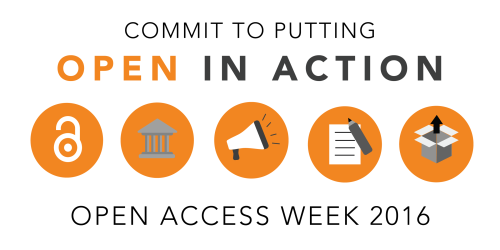
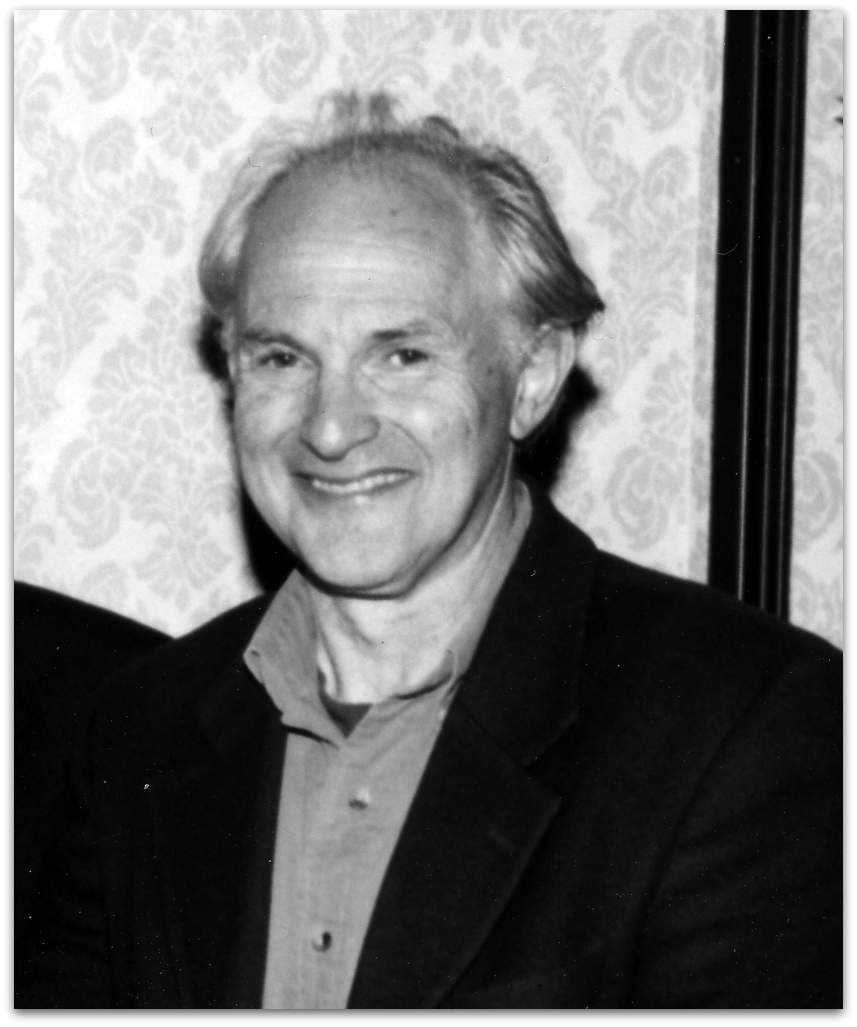 Pioneering nanocarbons researcher Harry Kroto passed away on April 30, 2016 at the age of 76. A giant among giants, Kroto made an immense impact on ECS and its scientific discipline as well as the world at large. Because of this, an
Pioneering nanocarbons researcher Harry Kroto passed away on April 30, 2016 at the age of 76. A giant among giants, Kroto made an immense impact on ECS and its scientific discipline as well as the world at large. Because of this, an 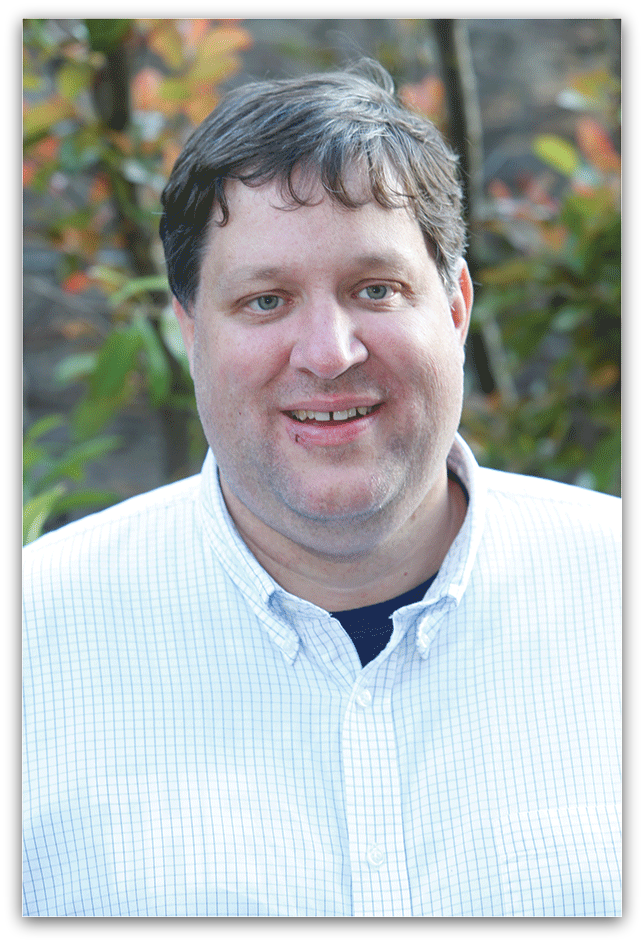 David Cliffel is the Professor of Chemistry & Department Chair at Vanderbilt University, where he leads research on the electrochemistry and analytical chemistry of nanoparticles and photosynthetic proteins. He has recently become a new Technical Editor for the
David Cliffel is the Professor of Chemistry & Department Chair at Vanderbilt University, where he leads research on the electrochemistry and analytical chemistry of nanoparticles and photosynthetic proteins. He has recently become a new Technical Editor for the 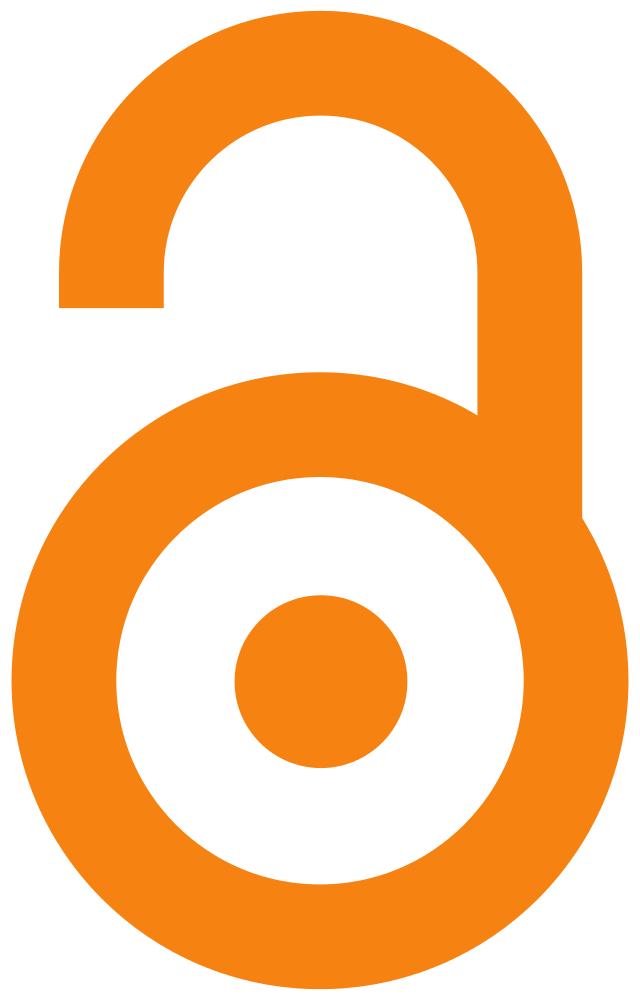 The last week of October is
The last week of October is 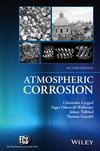 Atmospheric Corrosion, Second Edition, by Christofer Leygraf, Inger Odnevall Wallinder, Johan Tidblad, and Thomas Graedel
Atmospheric Corrosion, Second Edition, by Christofer Leygraf, Inger Odnevall Wallinder, Johan Tidblad, and Thomas Graedel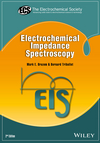 Electrochemical Impedance Spectroscopy, Second Edition, by Mark Orazem and Bernard Tribollet
Electrochemical Impedance Spectroscopy, Second Edition, by Mark Orazem and Bernard Tribollet
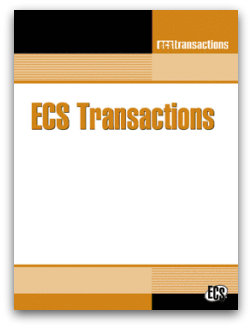 Seventeen new issues of ECS Transactions have just been published for the PRiME ECS Meeting.
Seventeen new issues of ECS Transactions have just been published for the PRiME ECS Meeting.